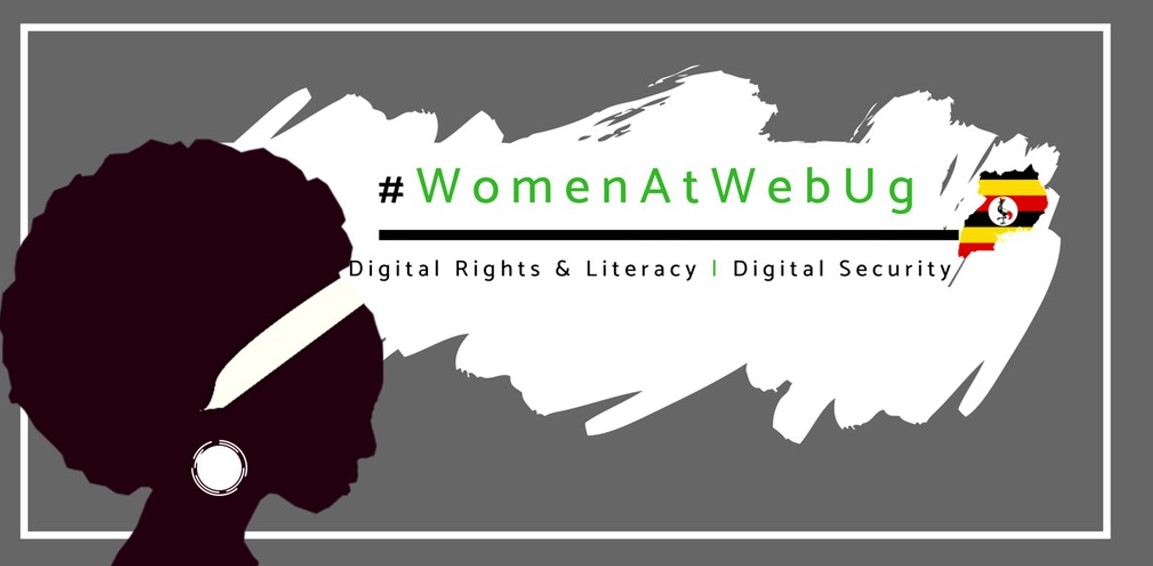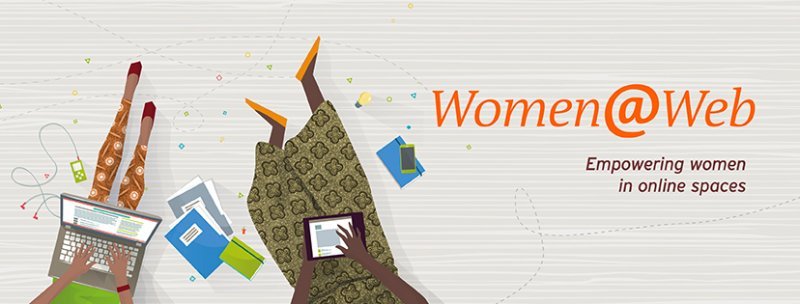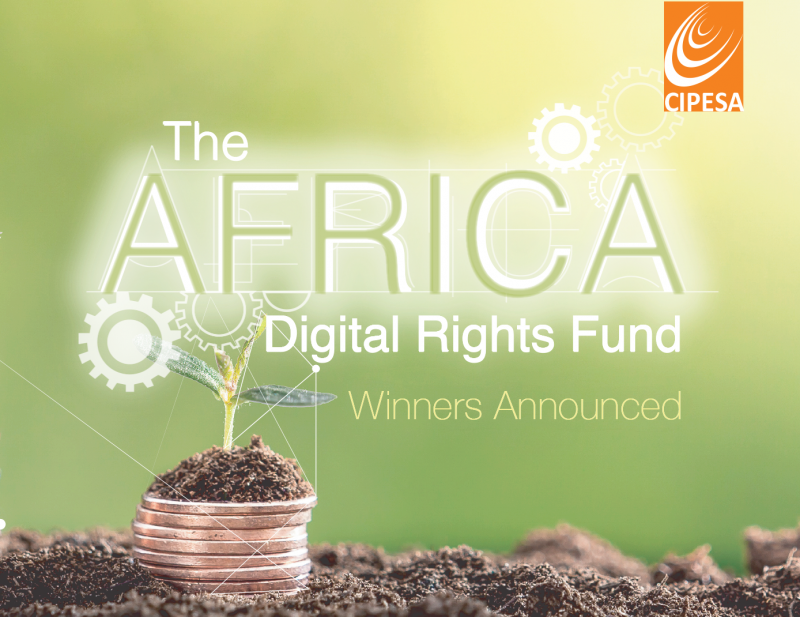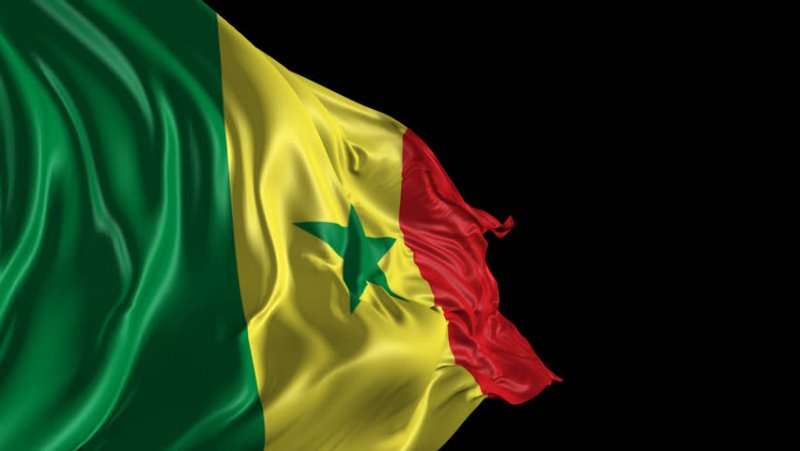By Ashnah Kalemera |
The second round of the Africa Digital Rights Fund (ADRF) has awarded a total of USD 152,000 to 14 initiatives that will work to advance digital rights in 18 African countries. Among the focus areas of the initiatives are access to information, data protection and privacy, digital economy, Digital Identity (ID), digital security, diversity and inclusion, freedom of expression, hate speech, misinformation, and innovation for democratic participation, transparency and accountability (civic and social tech).
ADRF Round Two focus countries: Algeria, Cameroon, Democratic Republic of Congo, Ethiopia, Ghana, Ivory Coast, Kenya, Malawi, Mozambique, Nigeria, Rwanda, Somalia, Somaliland, Sudan, Tanzania, Tunisia, Uganda and Zimbabwe
Launched in April 2019, the ADRF responds to rising digital rights violations such as arrests and intimidation of internet users, network shutdowns, and a proliferation of laws and regulations that hamper internet access and affordability. It offers flexible and rapid response grants to initiatives in Africa to implement activities that advance digital rights and the potential of technology to uphold human rights, advance democratic governance, and drive innovation. In the inaugural round of ADRF, initiatives with activities spanning 16 African countries received a total of USD 65,000.
The second call for applications attracted 164 applications from 33 countries. The applicants were assessed on the following attributes:
- The applicant’s experience in advancing digital rights/track record on similar work;
- Demonstrated need for the project, including relevance to described context and priorities of the Fund;
- Eligibility in terms of geographic coverage, proposed activities, duration, and evidence of the applicant’s formal registration or operations;
- Demonstration of innovation with regards to approach, feasibility of deliverables and timelines, and potential impact of the intervention;
- Potential for data-driven advocacy;
- Budget feasibility; and
- Diversity considerations.
The assessment was conducted by CIPESA programme staff and five external experts with extensive experience in the digital rights field.
Together with the inaugural grantees, grantees from the second round will be eligible for technical and institutional capacity building, including on data literacy and advocacy skills through the Data4Change initiative, as well as impact communication.
The grantees of the ADRF’s second call are:
Action et Humanisme – Ivory Coast: Action et Humanism will work to promote internet use among persons with disabilities in Cote d’Ivoire by conducting quality of service/user experience surveys, assessments of ICT accessibility compliance among government entities and telecommunications companies, and knowledge and skills building exercises on inclusive internet access for 100 representatives from media, disability rights organisations, academia and technology companies.
ADISI – Cameroon: ADISI will promote social accountability and citizen-duty bearer interactions beyond Cameroon’s economic capital Douala through its civic engagement and data journalism initiatives, and capacity building of youth leaders in digital advocacy, public policy participation, and access to information.
African Feminism – Pan African: Through its network of writers, contributors and editors, African Feminism will document legal and policy developments as well as survivor experiences of revenge pornography in Malawi, Nigeria, and Uganda towards pushing for accountability (prevention, protection and redress) of governments and platform operators. The documentation will be via in-depth articles, visual stories and social media campaigns.
Centre for International Trade, Economics and Environment (CUTS) – Kenya: While acknowledging the potential gains of digital innovation in Kenya’s financial services sector, concerns about threats and vulnerabilities to privacy and data protection, as well as to consumer rights, prevail. Accordingly, through research, policy analysis and online campaigns, CUTS will examine the technological, institutional, and legal environment relating to digital financial consumer protection in Kenya and identify opportunities for strengthening the sector.
Digital Shelter – Somalia: In response to arrests and intimidation of several journalists and social media activists by the Somali federal government and federal states, digital attacks, and threats from terrorist groups, Digital Shelter will organise a series of events under the theme “Protect Our Online Space”. Targeting 120 human rights defenders, activists, journalists and bloggers, the project will work on digital safety and security, the shrinking civic space, freedom of expression and hate speech.
Forum de Organizacoes de Pessoas com Deficiencia (Disabled Persons Organisations Forum) – Mozambique: The Forum will conduct ICT accessibility and compliance assessments of Mozambique’s state obligations under the United Nations Convention on the Rights of Persons with Disabilities (CRPD) and work to build the capacity of disability rights organisations to advocate for accessible ICT for persons with disabilities including through the G3ict Digital Accessibility Evaluation Index. The findings and recommendations will form the basis of a stakeholder submission as part of Mozambique’s upcoming Universal Periodic Review (UPR).
Global Voices – Sub-Saharan Africa, Middle East and North Africa: Building on “Writing Toward Freedom: Politics and digital rights in Africa”, Global Voices will investigate identity-driven hate speech, disinformation and harassment in online spaces in Algeria, Cameroon, Ethiopia, Nigeria, Sudan, Tunisia and Uganda. Through collaborative workshops, multilingual in-depth feature stories, and curated social media dialogue, the initiative will explore how language, culture, gender, religion and ethnicity affect digital spaces in the seven focus countries during politically charged periods, and how technology platforms regulate and moderate harmful content.
iWatch Africa – Ghana: This project will focus on tracking, documenting, and analysing online abuse and harassment against journalists and rights activists covering political and societal issues in Ghana. Based on the various cases, iWatch Africa will engage the Commission on Human Rights and Administrative Justice (CHRAJ) and policy makers to develop protocols for legal support for victims to seek redress.
Jamii Forums – Tanzania: In the run up to the general elections in Tanzania, Jamii Forums will work to enhance the digital security of 100 activists, journalists, lawyers, bloggers and human rights defenders, including raising awareness on digital vulnerabilities, the link to between digital vulnerabilities and physical/offline environments and effects on their work. A reporting and rapid response system will provide onward support in the elections period. The project will also feature stakeholder engagements on data protection and privacy, targeting law enforcement authorities and the communications regulator.
JP Media and Sobanukirwa – Rwanda: Based on Rwanda’s seven-year-old Access to Information Law and the five-year-old Sobanukirwa initiative, this project will research challenges to implementation of the law and uptake of the platform respectively, so as to promote increased citizens’ information requests, duty bearer responsiveness, and proactive disclosure.
Mzalendo Trust – Kenya: Building on its track record in promoting transparency and accountability, as well as citizen participation in legislative processes, Mzalendo will conduct research on the impact and perceptions of the Huduma Namba initiative in Kenya, run a public awareness campaign on data rights in Kenya and enhance the interactive functionality of its Dokeza platform.
Rudi International – Democratic Republic of Congo (DR Congo): Goma-based Rudi International will work to build a coalition of digital rights lawyers to support digital rights advocacy and strategic litigation efforts in the DR Congo’s fast-evolving but challenging telecommunications landscape. The lawyers, to be drawn from the four cities of Bukavu, Goma, Kisangani, and Lubumbashi, will benefit from ICT policy training, webinars, and connections to relevant regional and international fora.
Somaliland Journalists Association (SOLJA) – Somaliland: Through a knowledge, attitude and perceptions (KAPs) survey, design thinking workshop, digital literacy training, and roundtable engagements on digital media in the context of conflict regions, SOLJA will work with media practitioners and law enforcement authorities to strengthen media freedom and combat hate speech and misinformation in Somaliland.
Zimbabwe Centre for Media and Information Literacy (ZCMIL) and the National University of Science and Technology (NUST) – Zimbabwe: This collaborative project will work to empower 120 grassroots-based citizen journalists in media and information literacy. Covering a range of topics, including ethical standards, information and news verification and fact-checking, as well as digital security, the project beneficiaries will be drawn from six localities (Bulawayo, Plumtree, Kwekew, Lupane, Gweru and Hwange) and are expected to support citizen voice and agency in rule of law, constitutionalism, improved service delivery and good governance.
———————————————————————————————————————————-
The ADRF is an initiative of the Collaboration on International ICT Policy for East and Southern Africa (CIPESA) with support from the Ford Foundation, the Swedish International Development Cooperation Agency (Sida), the German Society for International Cooperation Agency (GIZ) and the Omidyar Network.





